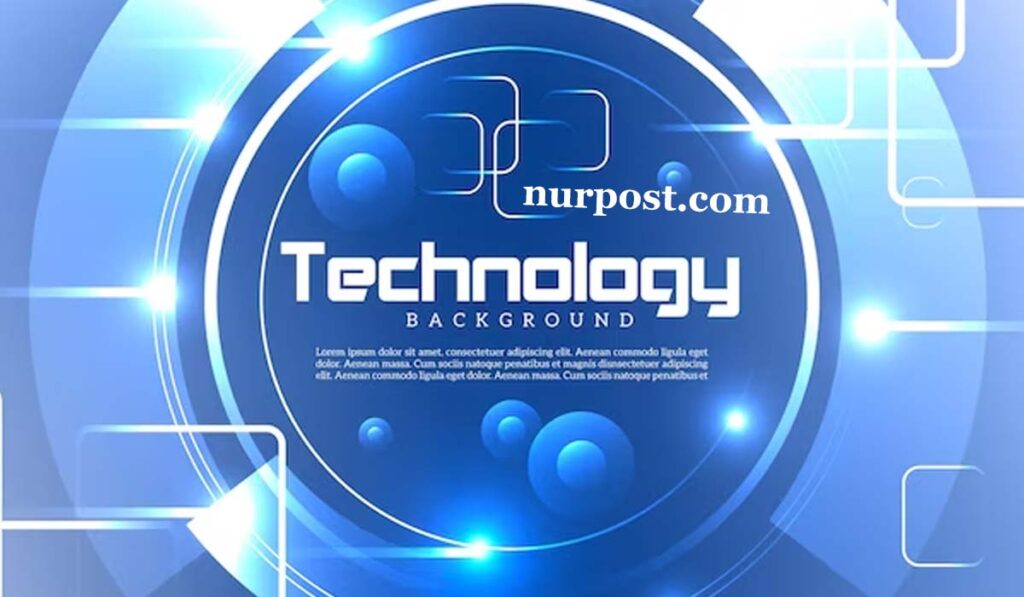How Life Will Look Like In 2100 As we stand on the cusp of the 22nd century, the world is poised for a remarkable transformation.
How Life Will Look Like In 2100
With advancements in technology, shifts in social dynamics, and the growing awareness of sustainability, life in 2100 promises to be vastly different from what we experience today.
In this article, we explore a speculative vision of how various aspects of our lives may unfold in the year 2100.
Technological Marvels
The progress made in the fields of science and technology over the next eight decades will revolutionize the way we live. Artificial Intelligence (AI) will have become an integral part of our daily lives, enabling highly personalized and efficient experiences.
Smart homes will be equipped with advanced AI assistants that will manage everything from energy consumption to household chores, making our lives more convenient and sustainable.
Transportation will undergo a dramatic change, with self-driving vehicles dominating the roads and reducing accidents caused by human error.
Hyperloop systems will revolutionize long-distance travel, enabling rapid transportation between major cities. Moreover, space tourism will become a reality, allowing individuals to explore the wonders of the universe.
Sustainable Living
The urgency of combating climate change will lead to significant advancements in sustainable living. Renewable energy sources such as solar, wind, and tidal power will dominate the energy landscape, reducing our dependence on fossil fuels.
Vertical farming and lab-grown meat will ensure a steady and environmentally friendly food supply. Green architecture and urban planning will transform cities into self-sustaining ecosystems, with green spaces and vertical gardens integrated into every corner.
Healthcare and Longevity
Breakthroughs in medical research and personalized medicine will increase our average lifespan significantly. Genetic engineering will enable us to eliminate inherited diseases and enhance human capabilities.
Nanobots and advanced medical devices will monitor our health in real-time, detecting and treating illnesses at their earliest stages. Telemedicine will be commonplace, enabling remote diagnosis and treatment, especially in underserved areas.
Social Dynamics
The concept of work will have undergone a profound shift. Automation and AI will have replaced many routine jobs, leading to a reevaluation of the meaning and purpose of work.
Universal Basic Income (UBI) may become a reality, ensuring that everyone has access to a basic standard of living, regardless of employment status. This will allow individuals to focus on creativity, entrepreneurship, and personal development.
Cultural diversity and global connectivity will flourish due to advancements in communication technology. Virtual reality (VR) and augmented reality (AR) will offer immersive experiences, connecting people from different parts of the world in ways previously unimaginable.
The boundaries between physical and digital realities will blur, revolutionizing entertainment, education, and social interactions.
Environmental Stewardship
The lessons learned from the 21st century’s environmental challenges will lead to a heightened focus on sustainability and conservation. Efforts to restore and protect the planet’s ecosystems will be at the forefront of global initiatives.
Technologies to combat pollution, such as advanced air and water filtration systems, will be widespread. Emphasis will be placed on regenerating natural resources, restoring biodiversity, and preserving the delicate balance of our planet.
How Life Will Look Like In 2100
Life in 2100 will be a testament to human ingenuity and our ability to adapt and innovate. While the future remains uncertain, the trends and developments we see today provide glimpses into the possibilities that lie ahead.
Technological advancements, sustainable practices, and a shift in societal values will shape a world where humans can thrive in harmony with nature.
As we embark on this journey into the unknown, it is crucial to remember that the future is ours to shape, and our actions today will determine the world we pass on to future generations.
Space Exploration and Colonization
The year 2100 may witness significant progress in space exploration and the colonization of other celestial bodies.
With the establishment of lunar and Mars colonies, humans will push the boundaries of what is possible and extend our civilization beyond Earth.
These off-world settlements will serve as stepping stones for further interplanetary exploration and pave the way for a multi-planetary society.
Mind-Machine Interface
Advancements in neurotechnology will allow for direct communication between the human brain and machines.
Brain-computer interfaces (BCIs) will enable individuals to control various devices and interact with virtual environments using their thoughts.
This technology may also contribute to medical breakthroughs, allowing people with disabilities to regain mobility and sensory functions.
Ethical and Legal Challenges
The rapid pace of technological advancements will raise complex ethical and legal questions.
Issues surrounding privacy, AI rights, genetic engineering, and the boundaries of human augmentation will require careful consideration and regulation.

Society will need to navigate these challenges while ensuring that progress benefits all of humanity and upholds fundamental human rights.
Environmental Restoration
In the wake of widespread environmental degradation, concerted efforts will be made to restore and rehabilitate ecosystems.
Large-scale reforestation projects, the resurrection of extinct species through advanced genetic engineering, and the rejuvenation of coral reefs will be prioritized.
The pursuit of sustainability will go hand in hand with the restoration of Earth’s natural beauty and ecological balance.
Transhumanism and Post-Humanism
The convergence of technology and biology will give rise to the transhumanist and post-humanist movements. Humans may seek to enhance their physical and cognitive abilities through the integration of technology, blurring the boundaries between organic and artificial.
Concepts like uploading consciousness to digital realms and achieving digital immortality may be explored, raising profound philosophical questions about the nature of identity and existence.
Interconnectedness and Global Governance
Advancements in communication and transportation will lead to increased global interconnectedness. As borders become more permeable, societies will have to grapple with the complexities of cultural exchange, resource allocation, and global governance.
Collaboration and cooperation on a global scale will be crucial for addressing shared challenges such as climate change, resource scarcity, and pandemics.
Conclusion
Life in 2100 holds tremendous potential for progress and innovation across various domains. While this speculative vision is subject to change and the future is inherently uncertain, it is essential to approach the future with optimism, adaptability, and a commitment to creating a world that is sustainable, inclusive, and conducive to the well-being and advancement of all humanity.
How Life Will Look Like In 2100
By embracing the challenges and opportunities that lie ahead, we can shape a future where technology serves as a catalyst for positive transformation and where the collective pursuit of knowledge and understanding drives us toward a brighter tomorrow.
